Ignite!
We’ve all been asked the question; “what do you want to be when you grow up?” Now, with so many career options at our fingertips and a rapidly changing job landscape, this question is becoming harder to answer.
Traditional models train people to equate what they do with who they are rather than acquire critical thinking and flexible skills and attitudes that fit a rapidly changing world.
At The Radiant International School, we are on a mission to help students envision their individual paths so that they can confidently pursue the career path of their choice.
SPORTS
- Health and Fitness
- Social Development
- Emotional Development
- Leadership Skills
- Patience and Perseverance
- Discipline
- Mental Growth
- Boosts Self-esteem
- Improved Teamwork and Cooperation
- Efficient Time Management
- Better Academic Performance
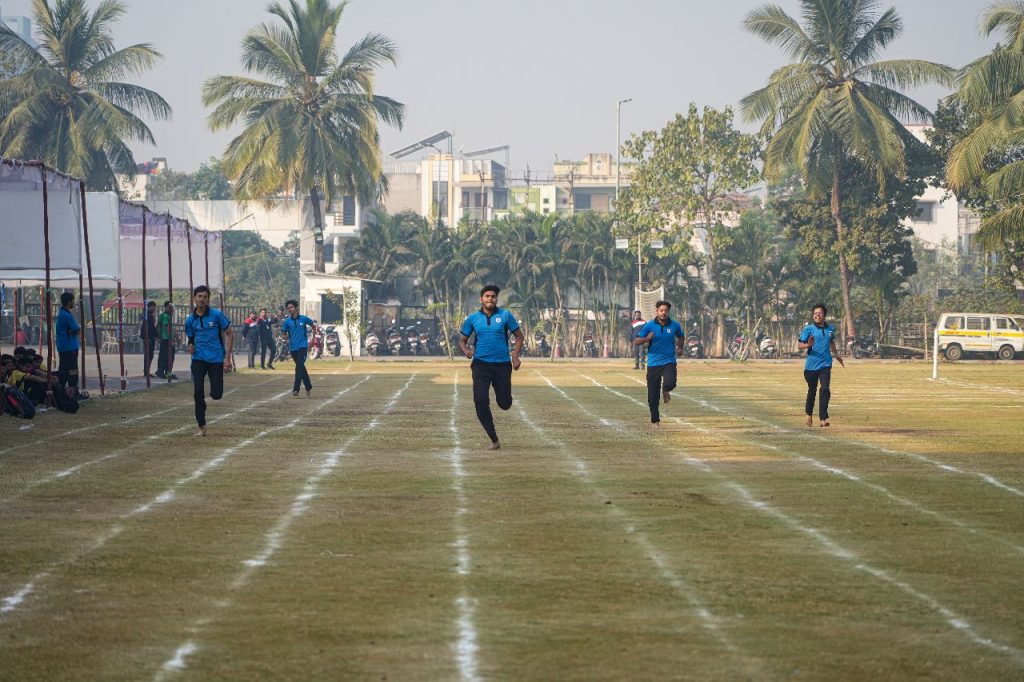
MUSIC
Why music education is so important, and how it offers benefits even beyond itself.
Music positively impacts a child’s academic performance, assists in developing social skills, and provides an outlet for creativity that is crucial to a child’s development. Several studies done over the years by educationists and neurophysiologists have shown that music has a big influence on the cognitive and psychophysical development of humans—especially children.
It is believed that when children are exposed to music, especially when they are toddlers or even before they are born, it has a deep impact on their cerebral cortex region. It creates neuron pathways in the brain making them understand the world and language faster and easier.
At The Radiant International School, students are encouraged to express themselves by singing, dancing and listening to music. The world of tomorrow is going to be vastly different from today, and learning music is a great way to give kids the best chance for success.
- Music Stimulates Brain Development in Education
- Increase concentration
- Improve Listening Skills
- Fastens Language Development
- Increased coordination
- Emotional development
- Helps to Remove Stress
- Helps With Better Problem Solving
- Students learn pattern recognition
- Promotes Creative Thinking
- Improve Memory power
- Better self-confidence
- Experience Different Cultures
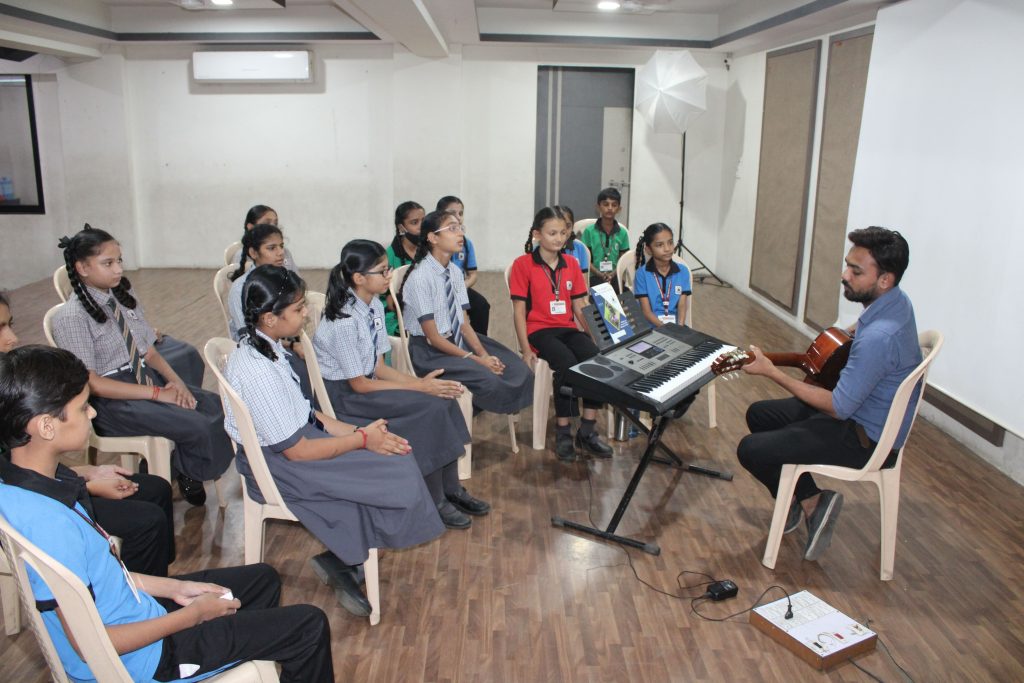
PERFORMING ARTS

Performing Art provides children with opportunities to experience new ways of thinking. They learn to share and recognize different perspectives and to develop empathy and respect for others.
At The Radiant International School (TRIS), we strive to provide a balanced study environment. Our main focus is to achieve the overall development of a student. We give equal importance to both performing arts like arts, drama, dance and music and the traditional education system. We support our students in discovering who they want to be now.
Some of the important aspects of the value of performing arts education in school are listed below:
- A medium of self-expression
- Improve reading, writing, math skills
- Boost confidence
- Collaboration
Being an integral part of education, the performing arts provide an opportunity for students to engage the mind, body and emotions.
Personality Development
A person’s inner self is reflected in their personality. Every individual has distinct characteristics and traits that distinguish them from others. Education is central to personality development. Aside from providing a person with the knowledge and skills they need to succeed in life. Personality Development helps students win in Every Area of Life.
As a student, studying in school is the ideal moment to begin developing your personality. Personality development for students can be unique to each individual. Some might focus only on their verbal skills, while others might need to improve their physical gestures. There are a lot of internal and external factors that sets everyone’s personality apart.
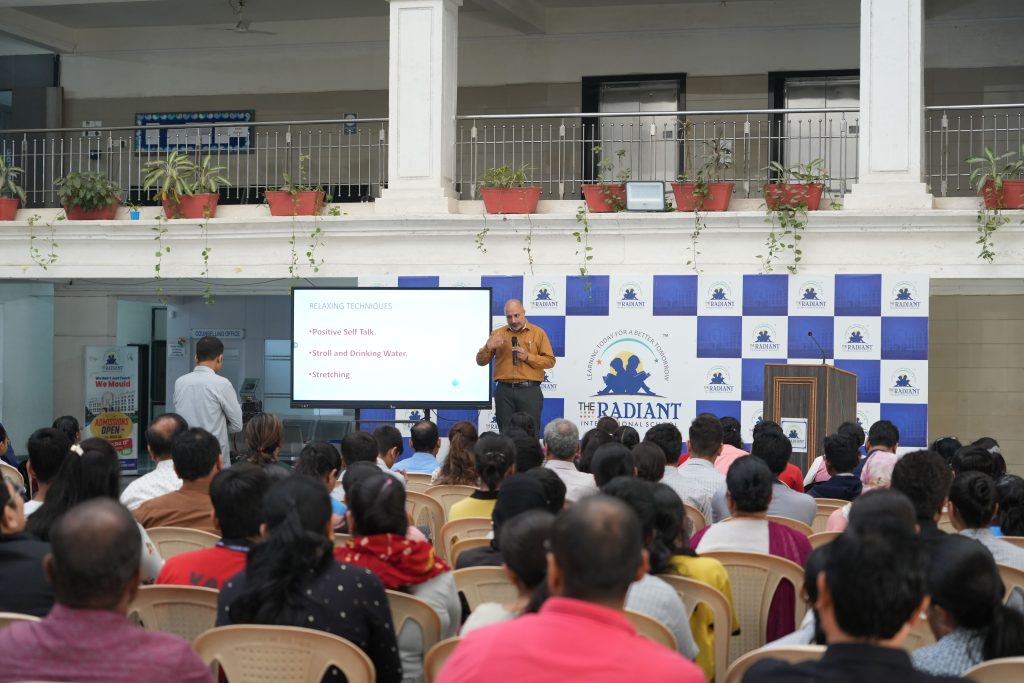
Personality development is important for students because it helps them do the following:
- Overcome shyness
- Build leadership skills
- Develop a positive outlook
- Develop better communication skills
- Exuberate Confidence
Innovation and Creativity
“Creativity is the ability to generate new ideas and apply them in practice.”
Every child is born with a creative instinct. Innovating and being creative allows us to better understand concepts. Creating a culture of creativity in school and classrooms is the need of the hour. Imaginary play is a gateway into creating this culture. While the children indulge in imaginary play, they discover endless possibilities to learn something new as they play.
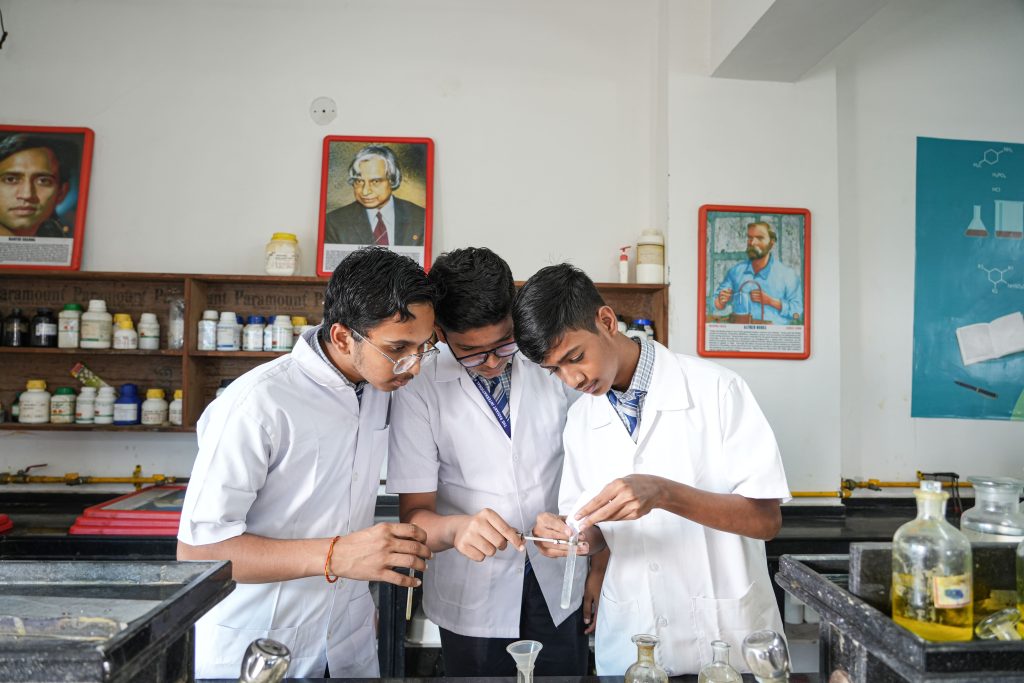
The more creative a child is, the more self-confident the child is. The more confident they are, the more outgoing they will be. And when kids interact with other kids they develop networking skills, people management skills, communication skills, problem solving skills and whatnot.
We give them the opportunity to showcase their creativity as often as possible by giving them weekly or monthly projects.
Because we believe that the discipline and mindset that is inculcated in children from a young age will go a long way in their career development. We are determined and excited to help your child reach a stage where the foundation is being laid for a better future.
We often asked faculty how they encourage creativity and innovation in their classroom. Here are some of the key themes that arose from these conversations:
- Active Learning
- Community Building
- Collaboration
- Risk-Taking
- Moving Forward
Entrepreneurship & Leadership
Imagine the best leader you know. Everyone has one: someone who was motivating, collaborative, and kept the team moving toward a common goal. When faced with the unknown, the best entrepreneurial leaders are good at experimenting, learning, and iterating.
Entrepreneurial Leaders have a positive outlook about the future, as they are always trying to improve things.
When students are given leadership opportunities – and especially when they step up and take them on, give them the freedom to struggle and even fail, but support them. Experts often note that there is no better lesson than failure, but you can help break a slump or encourage a comeback.
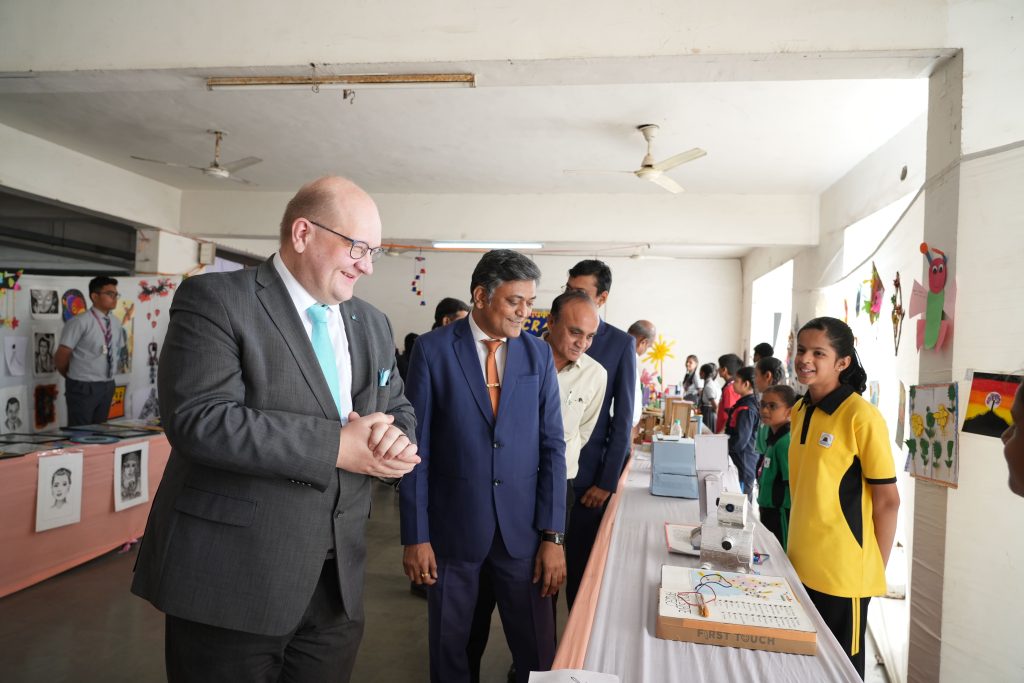
Community and Care
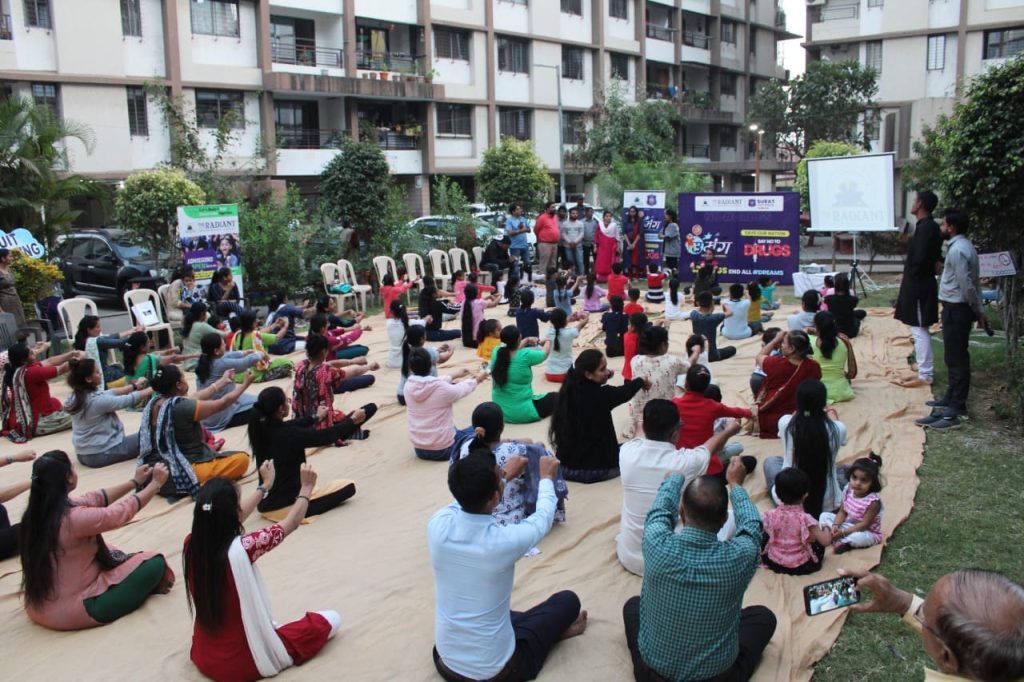
Teaching with Care: Why Community is at the Heart of Successful Pedagogy?
We as education leaders cultivate an inclusive, caring, and supportive school community that promotes the academic success and well-being of each student. The behavioural expectations in our school are simple. To be kind; to help others; and to always do your best.
Students care when they feel cared about! We believe that all students belong to all of us. We establish and maintain an atmosphere of mutual respect and trust. Isolation is not an option! Collaboration is a right and a responsibility. We focus on results.
We emphasize social and emotional learning. It helps students develop fundamental and effective life skills, including recognizing and managing emotions; developing caring and concern for others; establishing positive relationships; making responsible decisions; and handling challenging situations constructively and ethically. Such skills help prevent negative behaviours and the disciplinary consequences that may result when students do not live up to behavioural standards.


